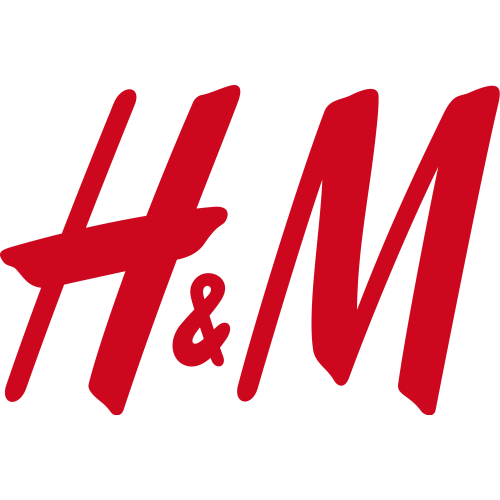
H & M Hennes & Mauritz AB
STO:HM B

During the last 3 months H & M Hennes & Mauritz AB insiders bought 3.6B SEK , and have not sold any shares. The stock price has dropped by 8% over this period (open performance analysis).
The last transaction was made on
Apr 7, 2025
by
Adam Gustav Karlsson
(Head of Investor Relations)
, who
bought
813.2k SEK
worth of  HM B shares.
HM B shares.
During the last 3 months H & M Hennes & Mauritz AB insiders bought 3.6B SEK , and have not sold any shares. The stock price has dropped by 8% over this period (open performance analysis).
The last transaction was made on
Apr 7, 2025
by
Adam Gustav Karlsson
(Head of Investor Relations)
, who
bought
813.2k SEK
worth of  HM B shares.
HM B shares.
H & M Hennes & Mauritz AB
Glance View
Once upon a time in 1947, in the idyllic town of Västerås, Sweden, H & M Hennes & Mauritz AB began its journey as a women’s clothing store, primarily known as "Hennes." The founder, Erling Persson, envisioned a retail experience that was not only affordable but stylishly attuned to the whims of fashion-forward consumers. Over the decades, this modest idea burgeoned into a sprawling global enterprise. What began as a singular focus on women's wear evolved into a diverse array of clothing under numerous brand names, catering to men, children, and even introducing home decor. H&M operates on a fast-fashion model; this method pivots on rapidly adapting runway styles into market-ready garments swiftly, thereby maintaining a high volume of collections per year. The essence of H&M's success lies in its highly efficient logistics and supply chain management. This allows the company to sustain affordability while consistently stocking up-to-date fashion trends. The mechanisms driving H&M's profitability are deeply woven into its operational framework. At the core, the company harnesses economies of scale, leveraging its vast network of over 4,500 stores worldwide to negotiate favorable terms with suppliers, securing materials at competitive prices. In retail management, H&M deftly combines its physical and online presence, ensuring seamless accessibility for consumers. By utilizing data analytics, the company adeptly discerns consumer preferences, enabling it to tailor product offerings with precision. The company’s innovative marketing strategies—often tapping into collaborations with designers and influencers—amplify brand visibility and consumer engagement. Furthermore, its ongoing ventures into sustainability and eco-friendly initiatives reflect a commitment to future-oriented, conscientious business practices, aiming to appeal to increasingly environment-conscious consumers. This comprehensive approach is at the heart of how H&M continues to flourish in the competitive arena of global retail fashion.

What is Insider Trading?
Insider trading refers to the buying or selling of a company’s stock by individuals with access to non-public, material information about the company.
While legal insider trading occurs when insiders follow disclosure rules, illegal insider trading involves trading based on confidential information and is prohibited by law.
Why is Insider Trading Important?
It isn't a coincidence that corporate executives seem to always buy at the right times. After all, they have access to every bit of company information you could ever want.
However, the fact that company executives have unique insights doesn't mean that individual investors are always left in the dark. Insider trading data is out there for all who want to use it.

Insiders might sell their shares for any number of reasons, but they buy them for only one: they think the price will rise.

















































 You don't have any saved screeners yet
You don't have any saved screeners yet